Description
2014 Arthur Migliazza
- Overture
- I’m ready
- Rockin’ Pneumonia and the Boogie Woogie Flu
- Boogie Woogie Stomp
- Love You Mama
- Sing Sing Sing/Bumble Boogie
- Bourbon Street Parade
- Thank You Blues
- Honky Tonk TYrain Blues
- Suitcase Blues
- St Louis Blues
- Professor Calling Me
- The Boogie Rocks
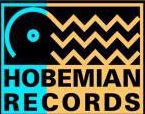
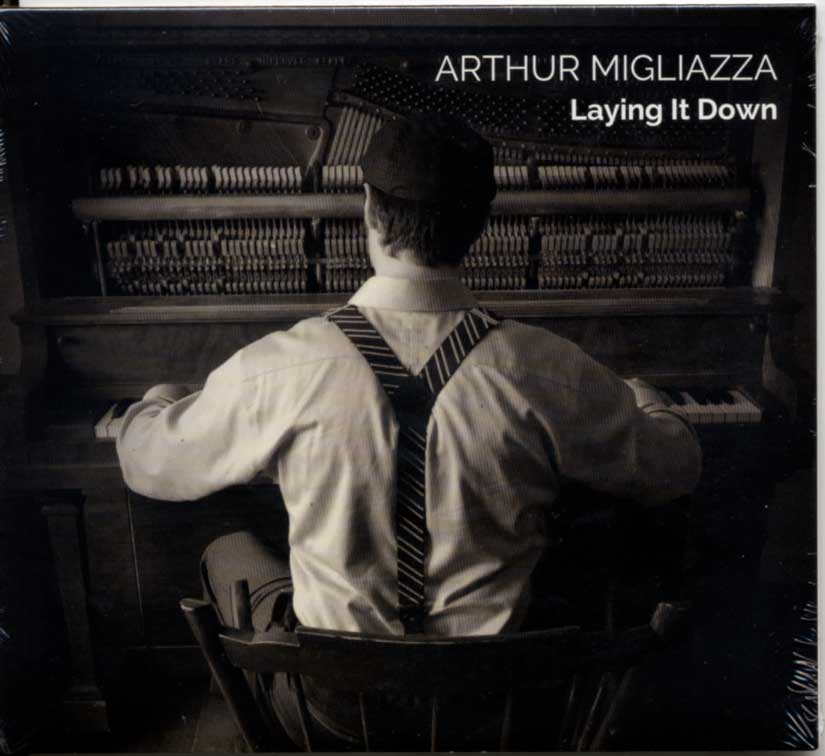
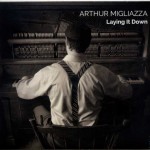
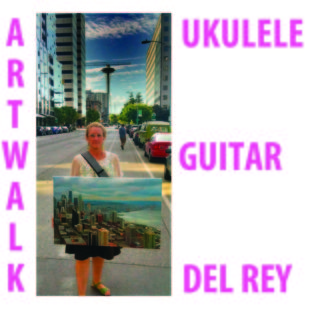
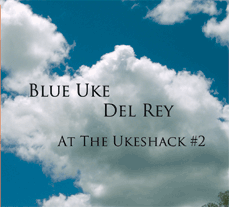
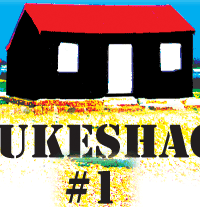
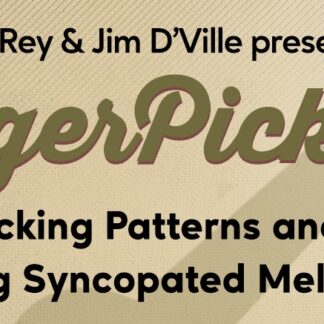
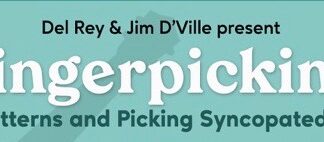
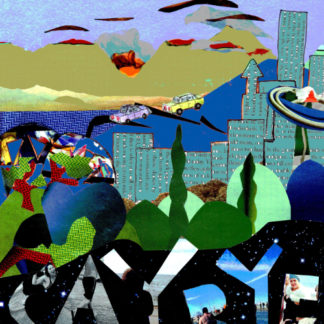
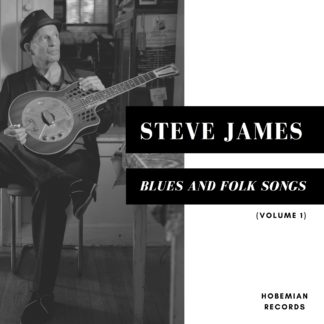
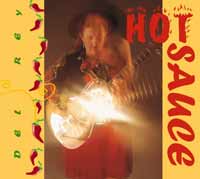
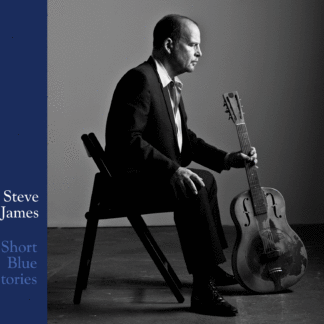

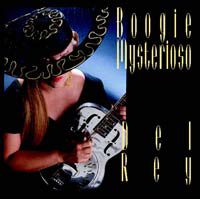
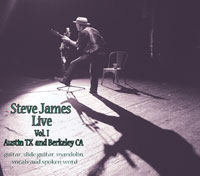
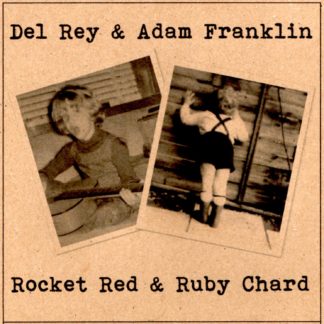
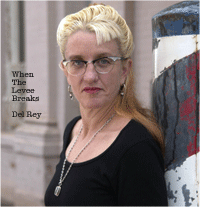
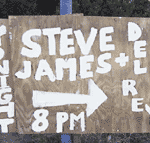
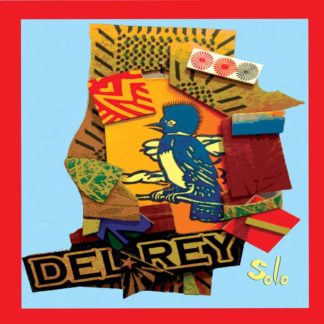
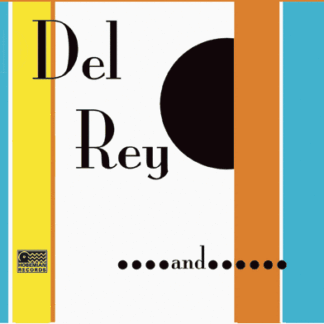

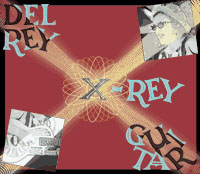
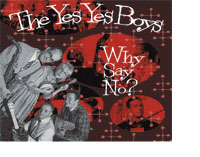
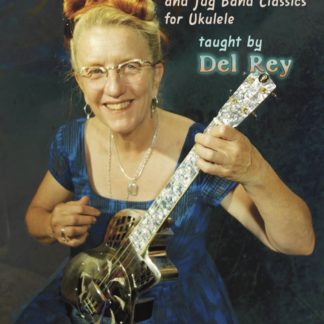
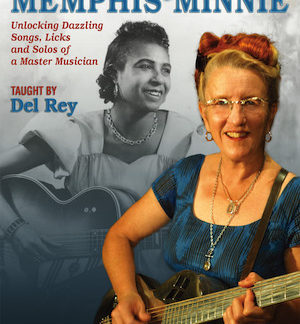
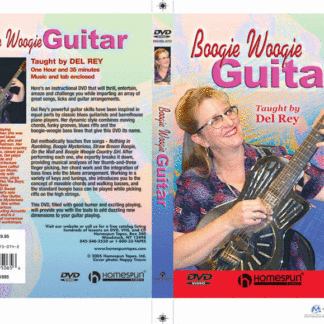
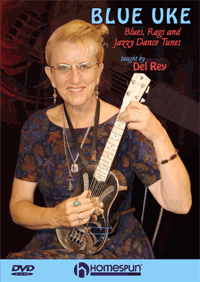
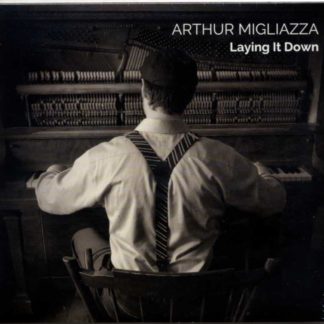
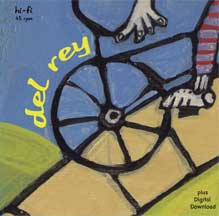
[email protected] –
Boogie woogie piano is one of the primary elements of the blues and a significant element of jazz, rock and other popular music. Developed in the late 19th century in the South and reaching its peak just before and during WWII, there are relatively few genuine practitioners “walking the basses” today. Enter 88 keys master Arthur Migliazza from the Northwest and his outstanding debut CD of instrumentals and vocal tunes. No retro academic, he lives and breathes new life into the adrenalin-fueled music while also applying its energy and exuberance to other related styles.
Nine classic covers and four originals feature Migliazza with Keith Lowe and Ed Friedland (bass), Andy Roth, Eric Eagle and Kelly Van Camp (drums), Jeff Fielder, Bill Molloy and Laura Martin (guitar), Sean Divine and Grant Dermody (harmonica), Suzy Thompson (fiddle) and Jimmie Herrod (chorus vocals). The original “Overture” opens the set with a creative mash up of classical, jazz, funk and New Orleans influences, including Fielder’s wah wah guitar riffing. A pumping version of Fats Domino’s “I’m Ready” introduces the idiomatic vocals of Migliazza along with his unexcelled, authentic piano chops. The Huey “Piano” Smith classic “Rockin’ Pneumonia & the Boogie Woogie Flu” follows appropriately, further confirming Migliazza’s natural affinity for getting inside the music and making it his own as he sings with supple, unforced expression over the swaying beat.
No boogie man would be worth his salt without taking a shot at the muscular Albert Ammons’ monumental “Boogie Woogie Stomp” and Migliazza scores a musical bulls-eye, his irresistible sense of swing and barely contained explosive power adding drama and dynamics. “Love You Mama” is an original Chicago blues-type medium shuffle with Fielder and Dermody supporting authentically as Migliazza proffers a song of appreciation to his mother Ginny with the tender lyrics “I love you mama and I’m grateful for all you do.” He astonishingly mashes up the classic Louis Prima “Sing Sing Sing” with the novel 1961 hit instrumental “Bumble Boogie” that must be a stunning showstopper in concert, the rhythms surprisingly and excitingly complementary. Pioneer Dixieland drummer Paul Barbarin is the source of “Bourbon Street Parade” with Migliazza and band ready for a prime time Preservation Hall appearance via an ebullient, transcendent performance.
The original instrumental “Thank You Blues” references late night, smoky classics like “After Hours” as Migliazza draws rich sonorities in the bass register and the band entices with a deep groove. The Meade Lux Lewis landmark “Honky Tonk Train Blues” barrels down the track like a steaming locomotive. Migliazza continues his solo instrumental journey back in time to Hersal Thomas’ classic “Suitcase Blues” in a vocal rendition taking the evocative shuffle to an even higher level of artistic accomplishment. Digging deeper into his roots, he swings the dickens out of W.C. Handy’s landmark “St. Louis Blues,” adding a relentlessly surging boogie underpinning not on the original along with breathtaking dynamics to the transition from verse to chorus in another dazzling highlight that builds to a thunderous crescendo. “Professor Calling Me” is Migliazza’s instrumental and vocal tribute to the New Orleans piano legend Professor Longhair, and particularly his classic “Tipitina.” Albert Ammon’s powerhouse “The Boogie Rocks” is the fitting closer as Migliazza burns the ivory off his keys, his left hand an intimidating force of nature.
Arthur Migliazza has achieved the remarkable in combining his love and command of classic American piano styles into a knock out musical road trip every bit as relevant and vital in the 21st century. Hop on board for a thrill ride virtually unavailable with any other mode of aesthetic transportation.
Dave Rubin
2005 KBA winner in Journalism